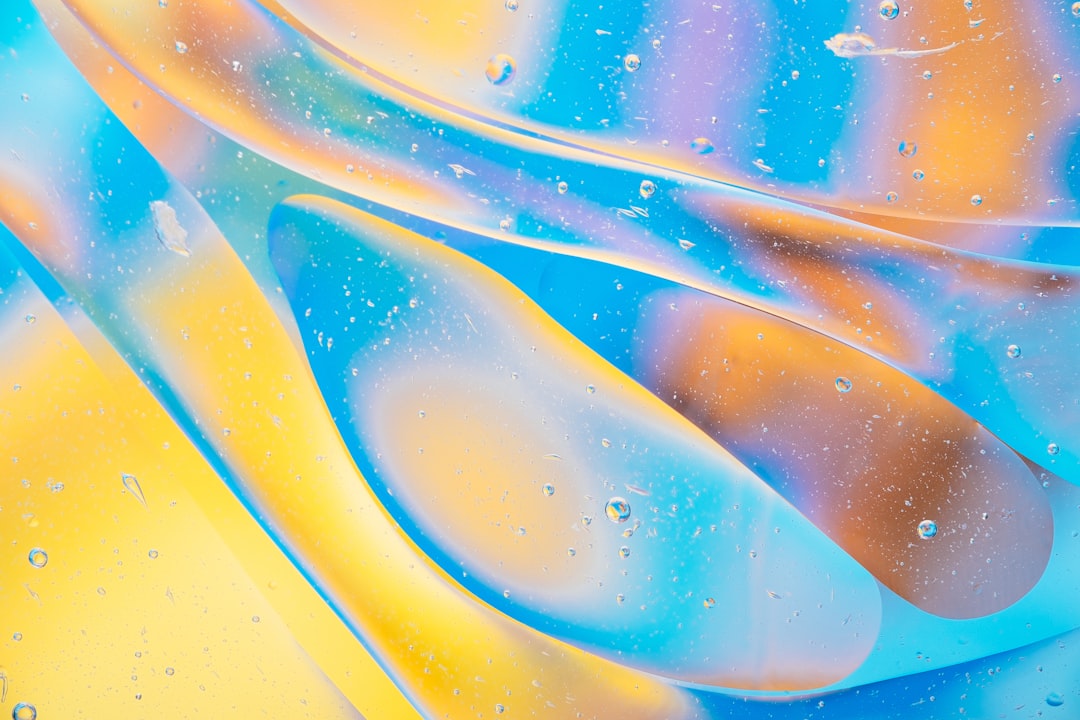What is it about?
Male sexual dysfunction is a serious problem which has an impact on the quality of life. In Jordanian folk medicine, 56 plant species were reported to be used by males to improve sexual potency and as aphrodisiacs. The aim of this study was to search for scientific evidence justifying their folk use. Of the 15 studied plants, only five were found to enhance spermatogenesis. The other 10 were reported to decrease spermatogenesis at least by one study. The majority of the studied plants possessed a protective effect on testis in different in vivo models as well as antioxidant activities. The effect of these plants on steroidogenesis and the hypothalamic–gonadal axis was also reviewed. The effect of only five plants was studied on sexual behaviour enhancement and three of them were active. Three of the four studied plants enhanced erection. The mechanism of action of active constituents isolated from the studied plants was also investigated. In conclusion, many plants used in Jordanian folk medicine decreased or had no effect on spermatogenesis in animal models. These plants have antioxidant and/or adaptogenic effects, and this may result in a beneficial action on male reproductive system.
Featured Image
Perspectives
Male sexual dysfunction is a serious problem which has an impact on the quality of life. Many plants used in Jordanian folk medicine decreased or had no effect on spermatogenesis in animal models. These plants have antioxidant and/or adaptogenic effects, and this may result in a beneficial action on male reproductive system.
Dr Manal A Abbas
Al Ahliyya Amman University
Read the Original
This page is a summary of: Is the use of plants in Jordanian folk medicine for the treatment of male sexual dysfunction scientifically based? Review of in vitro and in vivo human and animal studies, Andrologia, June 2016, Wiley,
DOI: 10.1111/and.12619.
You can read the full text:
Resources
Contributors
The following have contributed to this page










